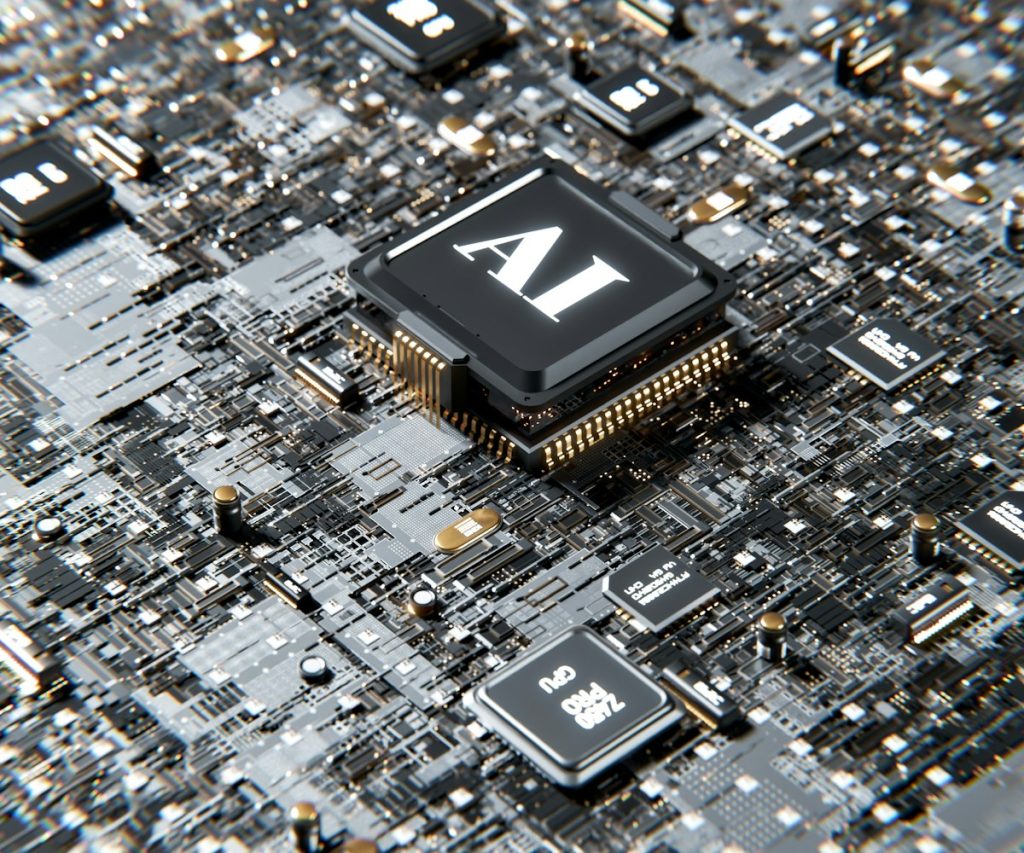AI Model in Vogue Ad Sparks Backlash: What’s Really Happening?
By FinTech Insider | August 6, 2025
Background: The Campaign That Turned Heads
In early July, Vogue released a multi‑platform advertisement promoting its upcoming spring‑summer edition. The centerpiece was a hyper‑realistic digital persona generated entirely by an artificial‑intelligence model. The AI model—dubbed “Elysia” by the agency—was marketed as a “new kind of muse,” created without a human face, yet designed to embody contemporary beauty standards.
The ad ran across print, Instagram Stories, TikTok, and digital billboards in major cities. Within 48 hours, the campaign amassed over 12 million impressions and sparked a fierce debate among fashion enthusiasts, ethicists, and investors alike.
Key Points of Contention
- Authenticity vs. Fabrication: Critics argue that presenting an AI‑generated model as an artistic muse blurs the line between genuine human expression and synthetic creation.
- Representation Gap: While the AI was praised for its flawless aesthetics, many noted the absence of diverse body types, ethnicities, and age groups, reinforcing a narrow beauty ideal.
- Intellectual Property Concerns: The model was trained on a massive dataset of existing runway images. Photographers and designers claim their work was used without consent, raising questions about copyright infringement.
- Economic Impact: Labor unions for models fear that AI could replace human talent, threatening jobs and undermining the industry’s economic ecosystem.
Industry Reactions
Several high‑profile fashion houses issued statements distancing themselves from the campaign. Chanel emphasized its commitment to “human craftsmanship,” while Balenciaga defended the experiment, calling it “a glimpse into the future of digital couture.”
On the tech side, the AI firm behind Elysia, NeuraStyle, defended its methodology, stating that the dataset was “publicly available” and that the model was “an artistic tool, not a replacement for human models.” The company also announced a $15 million fund to support diversity‑focused AI research.
Financial Implications
The controversy has already rippled through the markets. Vogue’s parent company, Condé Nast, saw its shares dip 2.3 % after the backlash, while NeuraStyle’s stock experienced a 4.7 % rise, reflecting investor confidence in the long‑term potential of AI‑driven creative tools.
Analysts at Goldman Sachs predict a short‑term “ethical premium” on AI‑related stocks, but caution that regulatory scrutiny could introduce volatility. Meanwhile, advertising agencies are recalibrating budgets, allocating more funds toward “human‑AI hybrid” concepts that blend live talent with digital enhancements.
Regulatory Landscape
In the United States, the Federal Trade Commission (FTC) is reviewing the ad under its “truth‑in‑advertising” guidelines, focusing on whether consumers were misled about the model’s nature. The European Union’s Digital Services Act also applies, demanding transparency about AI‑generated content.
Legal scholars suggest that future legislation may require explicit labeling of AI‑generated imagery, akin to “deep‑fake” disclosures, to protect consumer trust.
What This Means for the Future of Fashion Advertising
While the backlash highlights legitimate concerns, it also underscores a growing appetite for innovative storytelling. Brands that can responsibly integrate AI—ensuring diversity, securing proper licensing, and maintaining clear disclosures—are likely to capture the next wave of consumer attention.
Ultimately, the Vogue episode serves as a cautionary tale: technology can amplify creativity, but without ethical guardrails, it can also ignite public outcry and financial risk.



